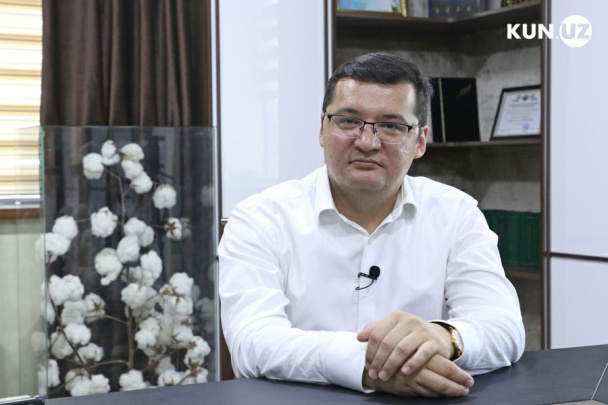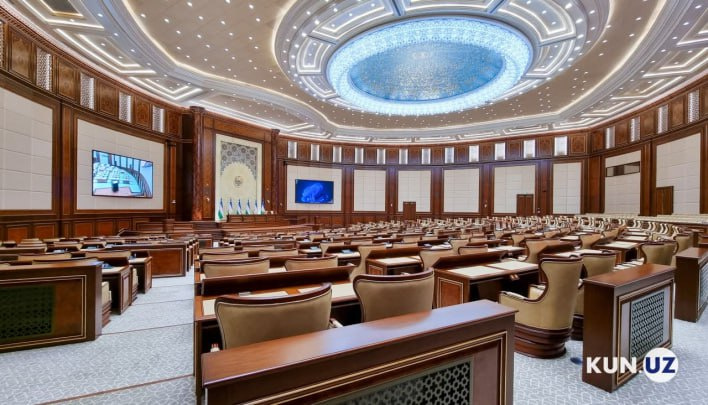Civil services in Uzbekistan may be divided into three groups
On December 20, a regular meeting of the Ecological Party faction was held in the Legislative Chamber of Oliy Majlis. Deputies considered the draft law “On state civil service”.

Photo: Legislative Chamber of the Oliy Majlis
According to the parliamentary press service, the proposed document establishes the powers of state bodies in the field of regulation of the state civil service.
It is noted that, based on the category of positions, “political”, “managerial” and “auxiliary” groups have been identified. The legal status of employees, the procedure for appointing to a position and performing service have been fixed.
“The document also indicates the grounds for admission, passage and termination of public service. The personnel will be recruited on the basis of an open competition, and the transfer of a civil servant to another civil position will be carried out with his written consent,” the message says.
Remuneration will depend on the criteria for achieving the key performance indicators (KPI).
During the discussions, the faction members made proposals and recommendations for further improving the bill. MPs approved it, stating that the adoption of the document will create a legal basis for the regulation of the civil service.
Later MP Alisher Kadirov reported that the draft law “On state civil service” was removed from the agenda.
Earlier the Single Portal published for public discussion the draft Ethics Code and Conduct of Civil Servants, developed by the Ministry of Justice.
The Code consists of 6 chapters and 53 articles, should serve as a basis for the development of the relevant state bodies and local authorities of ethics codes and official conduct of civil servants.
According to the project, the civil service is divided into three types:
• political service – the type of paid public service of deputies and senators, positions in the nomenclature of the presidential administration and the Cabinet of Ministers;
• civil service – a type of civil service aimed at fulfilling the tasks and functions assigned to public civil positions of citizens of Uzbekistan and providing paid professional activities;
• special service – in the armed forces of Uzbekistan, performing tasks and functions assigned to the military, law enforcement and judicial authorities.
Related News

10:25 / 03.07.2024
District and city governors from Uzbekistan studying Germany’s experience

08:42 / 17.05.2024
Head Oliy Majlis Legislative Chamber office appointed

10:08 / 01.02.2024
Statistics on crime of civil servants published

18:38 / 19.01.2024



